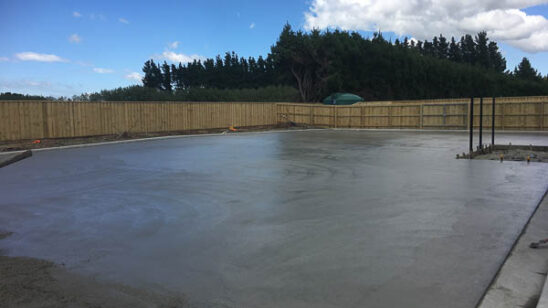
Ministers launch sustainable living programme
Carbon emission, waste and pollution are in the spotlight as we seek to create a sustainable future for New Zealand.

Future Living Skills gathers and presents useful information from reputable sources to support behaviour change and consumer choices. The community education programme is now being made available for free online, making the quest for sustainability a far more palatable journey.
While earlier versions of the Sustainable Living Programme have run in participating councils for many years, a grant from the Ministry for the Environment through the Waste Minimisation Fund has enabled Future Living Skills to make its education materials accessible online, supporting Kiwis to generate less carbon, send less waste to landfills and less pollution to rivers.
Associate Environment Minister Eugenie Sage launched the nationwide roll-out of Future Living Skills in Christchurch on Friday 27 September, accompanied by Housing and Energy Minister Megan Woods.
“Future Living Skills begins with reducing waste and protecting waterways, and goes beyond,” National Coordinator Rhys Taylor says.
“Our learning guides help you to understand lower-carbon living, in your energy, travel and food choices and when homes are designed or renovated.”
A year ago, the Intergovernmental Panel on Climate Change (IPCC) stated that we have 12 years to drastically reduce global carbon emissions in order to stay below 1.5°C of warming, and Rhys says this was the turning point when the world began to wake up.
“Children started their School Strike for Climate Change and they continue that action across New Zealand. They recognise the urgent need for community education of their parents and grandparents, and they are expecting adults to catch up with the younger generation’s commitment to transition to a low carbon emission economy.”
Future Living Skills’ website provides information on eight topics, informed by science and independent of commercial bias. Evening courses and public workshops will continue to be available through member councils that have driven the programme in their districts, and others are expected to follow suit.
“Much information on global issues comes from unknown sources and is unreliable and sometimes deliberately fake, so providing reputable New Zealand-relevant information on reducing your footprint is important,” Rhys says.
“To take effective action on reducing waste, protecting water and avoiding global warming’s worst effects, we all need practical knowledge on how to get more from less,” Rhys says.
Future Living Skills gathers and presents useful information from reputable sources to support behaviour change and consumer choices. Member councils fund and check programme content, support local courses and can provide geographically specific information.
Try out the Future Living Skills learning guides for free by registering at www.sustainableliving.org.nz.



